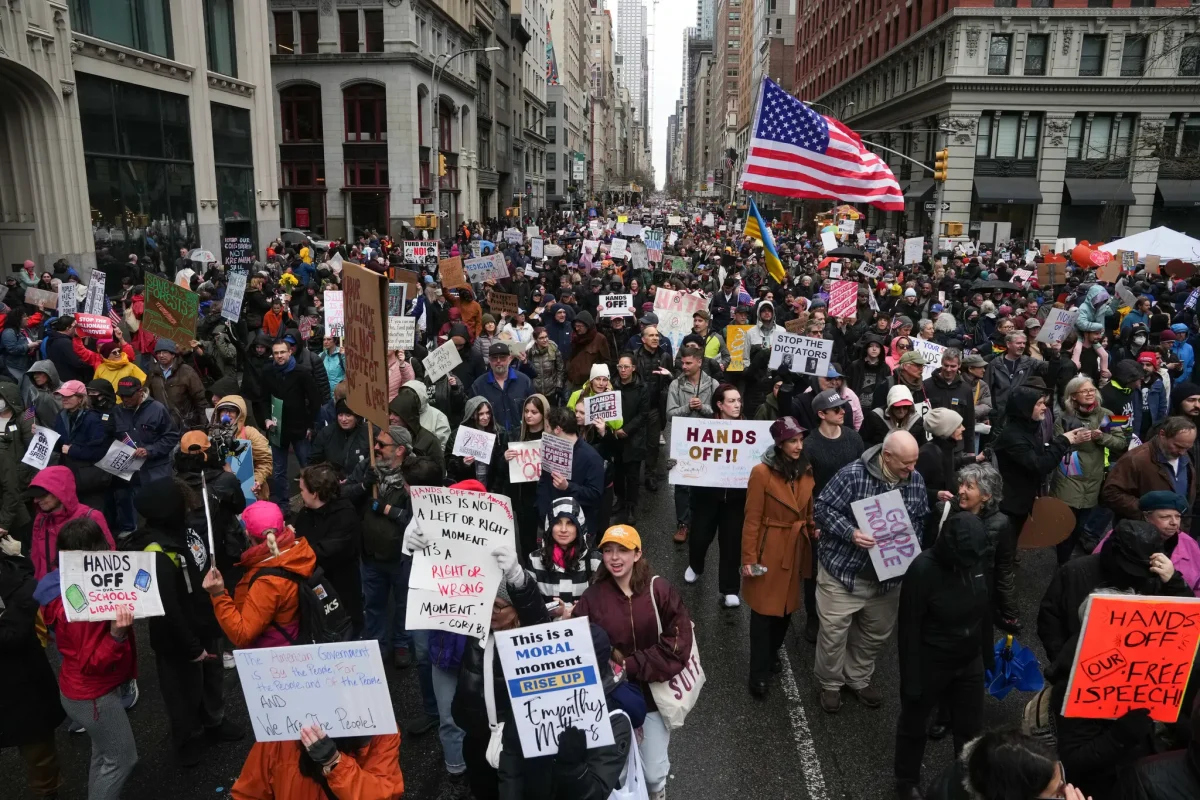On Wednesday, the Supreme Court struck down the aggregate limit of contributions individuals can give to federal political campaigns and party committees, saying that donations given to candidates and committees is a form of free speech protected by the First Amendment.
The decision does not change the limits individuals can spend on a specific candidate and political party in a two-year election cycle, which for this year are $2,600 and $32,400, respectively. What it does change is the total limit individuals can donate to multiple candidates and parties, which, if the Court upheld the law, would have been $123,200; a $48,600 donation limit to candidates, and a $74,600 limit to parties.
“The government may no more restrict how many candidates or causes a donor may support than it may tell a newspaper how many candidates it may endorse,” Chief Justice John Roberts Jr., said, reading the opinion he wrote for the Court.
Democrats criticized the decision, while Republicans heralded it as a victory for First Amendment rights.
“Not Aprils Fools: #SCOTUS strikes campaign $ limits. Now donors like the Koch brothers and Sheldon Adelson can call all the shots,” Rep. Jackie Speier (D-Cal) tweeted.
“I am…pleased that the Court agreed that limits on how many candidates or committees a person may support unconstitutionally burden core First Amendment political activities,” a statement from RNC Chairman Reince Priebus read. “When free speech is allowed to flourish, our democracy is stronger.”
The decision comes just in time for the 2014 elections, where Senators, Representatives, and Congressional hopefuls are gearing up to canvass for campaign donations. But this specific decision does not change much for elections. It will give more power to the individual, who can support more candidates and a party than he would be able to with the cap, but it won’t necessarily make a significant difference in the amount of campaign contributions they receive during the election cycle.
“Most people don’t max out, so it won’t affect most people,” Sen. and Vice Chairman for Finance Rob Portman (R-Ohio) said according to POLITICO. “I think it will help with some major donors but it will help both sides—I think roughly equally.”
What it does do is further an ugly precedent popularly set up in the Citizens United case, where the Court ruled that corporations and unions can spend an unlimited amount of money on political advertisements. It quantifies free speech, saying that those who have a larger income to spend on political issues have more of it, which is extremely unfair and unequal.
More legislation should be passed to close loopholes in campaign contributions, and hopefully soon, the body of the Court will change to allow for fairer rulings.






















































































































